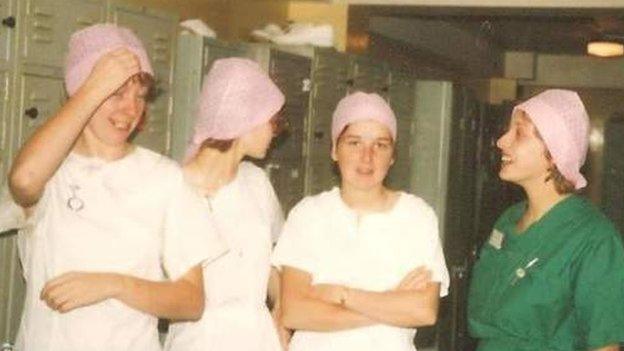Dereham workhouse nurses are topic of new art exhibition
- Published
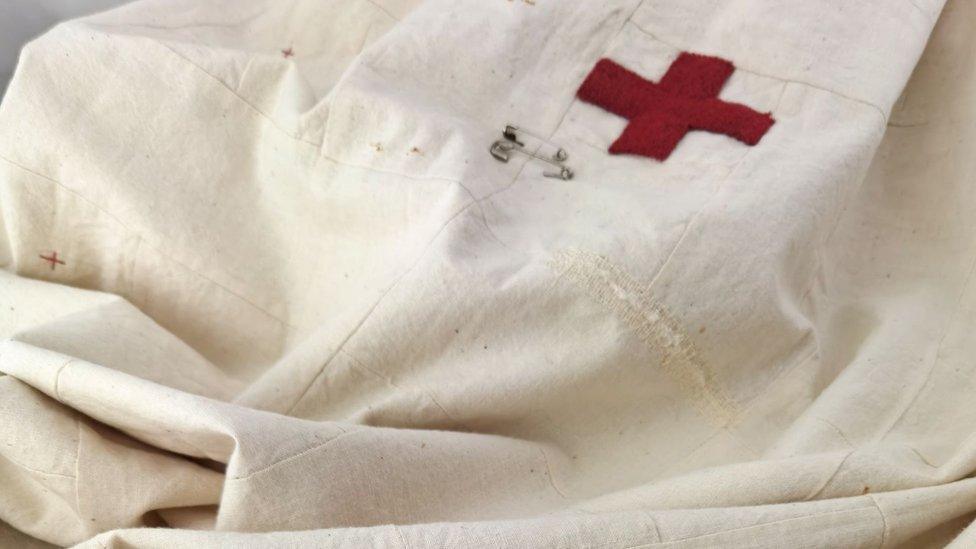
Textile artworks such as this cloth by artist Connie Flynn forms part of the new exhibition about workhouse nurses in Norfolk
An artist is using textiles to tell the story of workhouse nurses who served for 150 years before the NHS was set up.
Their contribution to local people's welfare can be explored at an exhibition at Gressenhall Farm and Workhouse in Dereham, Norfolk.
The project has been the work of local artist Connie Flynn and a team of volunteers.
Making the Rounds will feature original items loaned or donated.
Ms Flynn said the textile works on display were chosen to "interpret and represent stories of the workhouse, literally held within sheets, bandages and uniforms".
"Cloth is a powerful material which can holds stories and memories," she added.
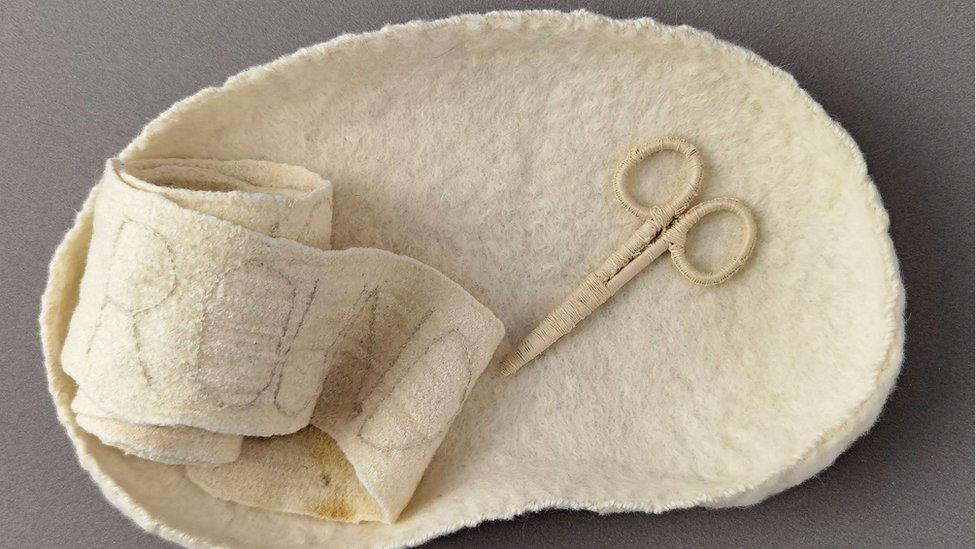
A bedpan, bandage and scissors made of fabric by Connie Flynn will be on display
According to Norfolk Museums, between 1777 and 1948, Mitford and Launditch Union Workhouse - now Gressenhall Farm and Workhouse - was home to some of the most vulnerable people in rural Norfolk.
It provided accommodation, food and work for paupers who did not have enough money to provide for themselves, and many people turned to the workhouse because of illness, disability, mental illness or as a safe place to give birth.
It was run by just a handful of paid staff, and the day-to-day care of the sick and vulnerable patients fell to the nurses, often overworked, undertrained and isolated.
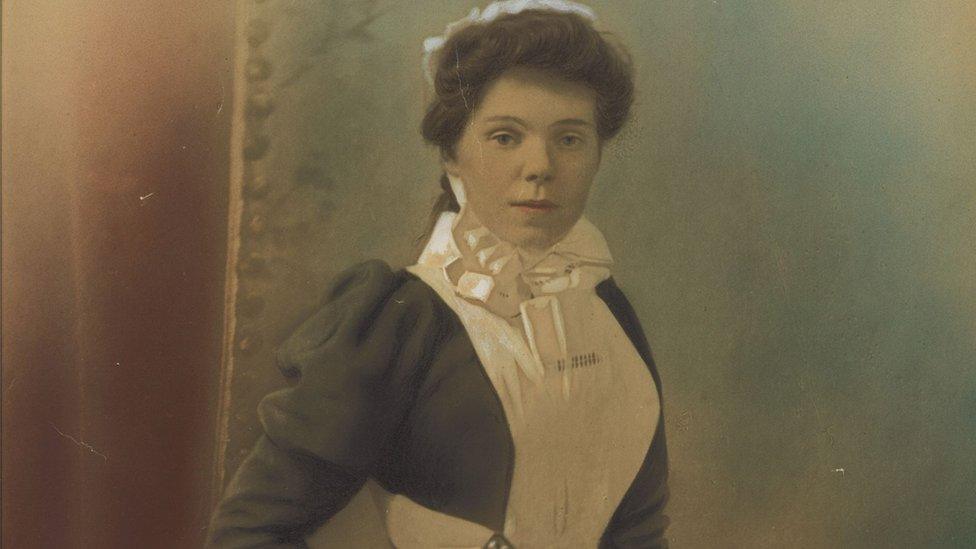
Mary Wallin became head nurse at the workhouse aged 28
Mary Wallin, from Birmingham, is among the real people featured in the exhibition. She arrived at the workhouse in 1895 with glowing references and she became head nurse after two and half years at the site, aged 28.
Rachel Kidd, curator at Gressenhall Farm and Workhouse, said: "The topic is hugely important. It helps us understand the different ways that ordinary people were able to access medical care before the NHS."
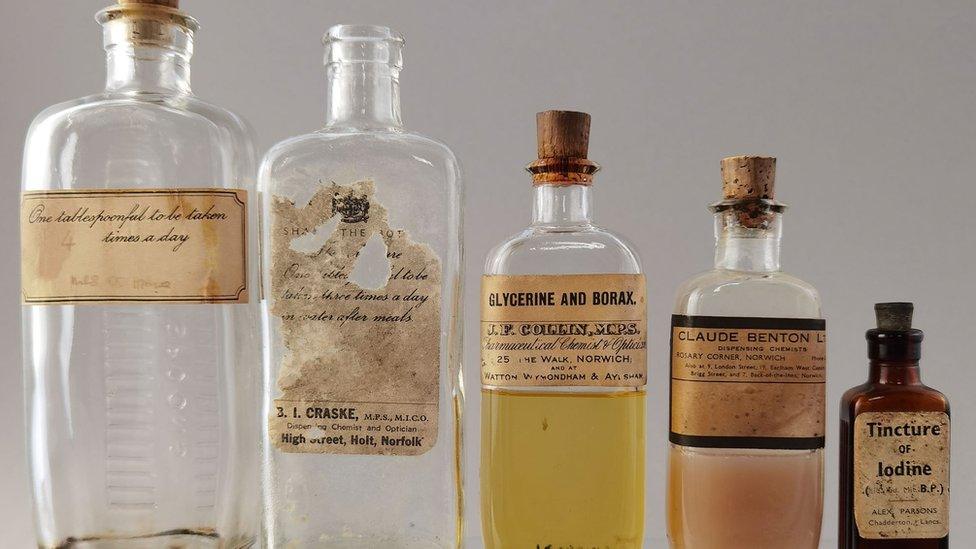
These medicine bottles will form part of the display
Volunteer researcher Dauna Coppin said: "I have researched more than 20 nurses for this project and found each and every one fascinating.
"It has been very satisfying, just starting with a name and a date or two and ending up with a comprehensive history of their life."
The exhibition opens on 9 March.

Follow East of England news on Facebook, external, Instagram, external and X, external. Got a story? Email eastofenglandnews@bbc.co.uk, external or WhatsApp 0800 169 1830
- Published13 January 2024
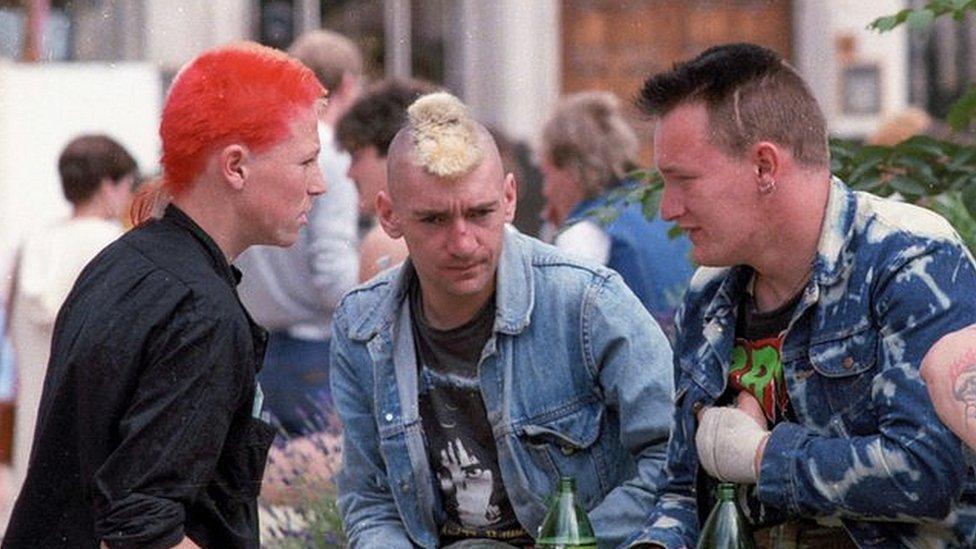
- Published26 January 2024
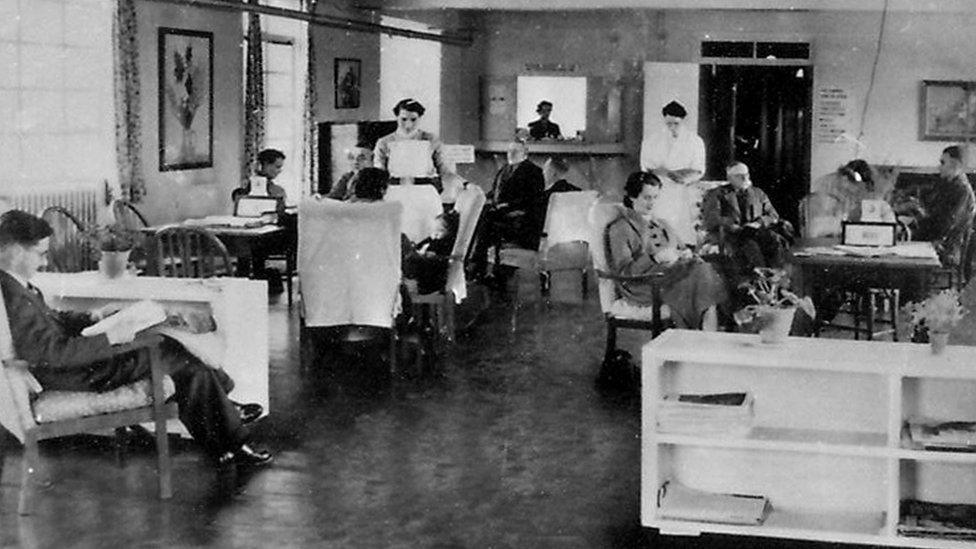
- Published22 October 2022
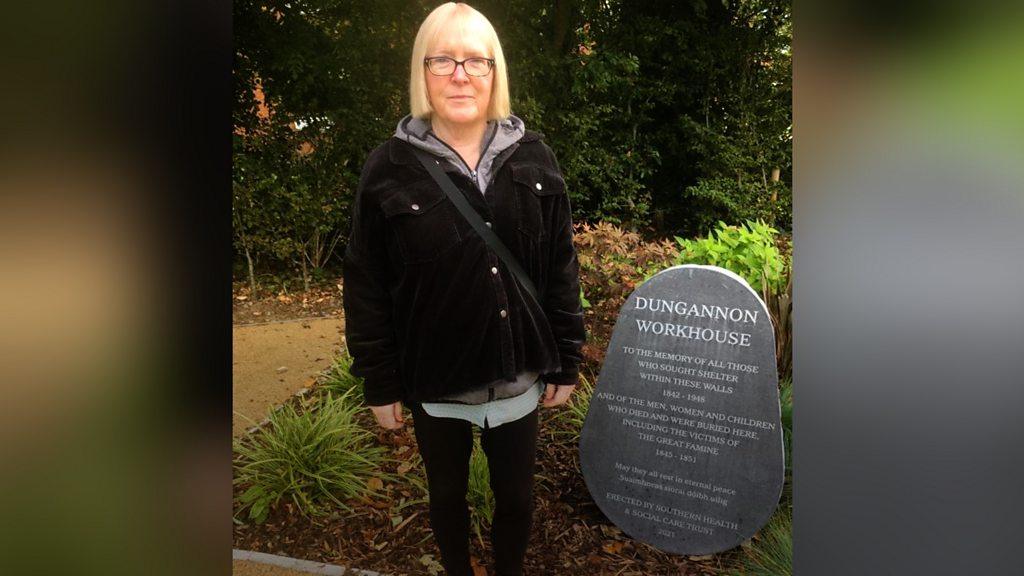
- Published5 April 2018
